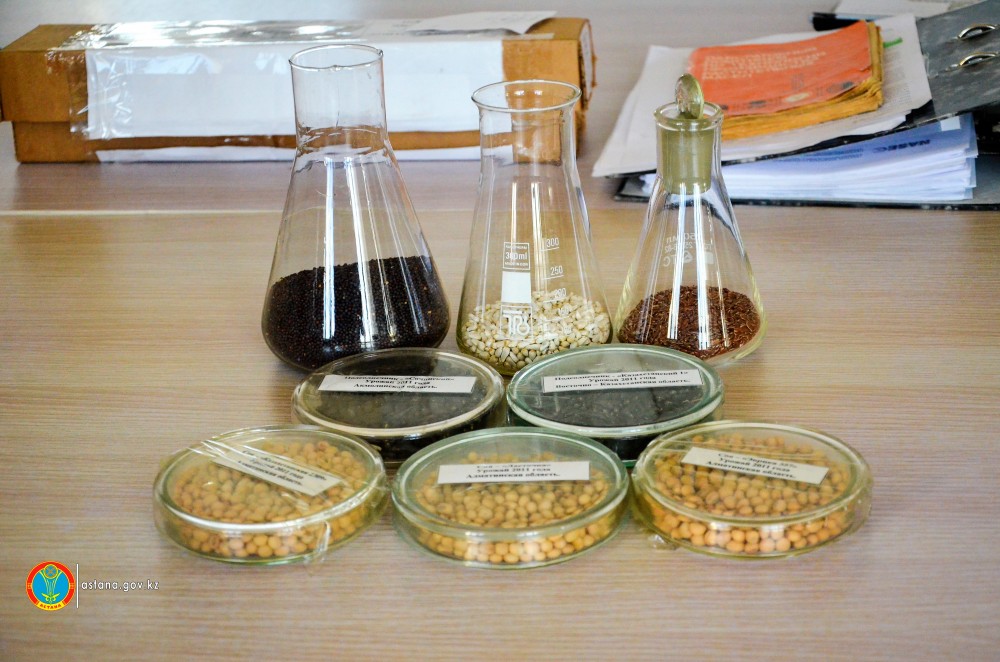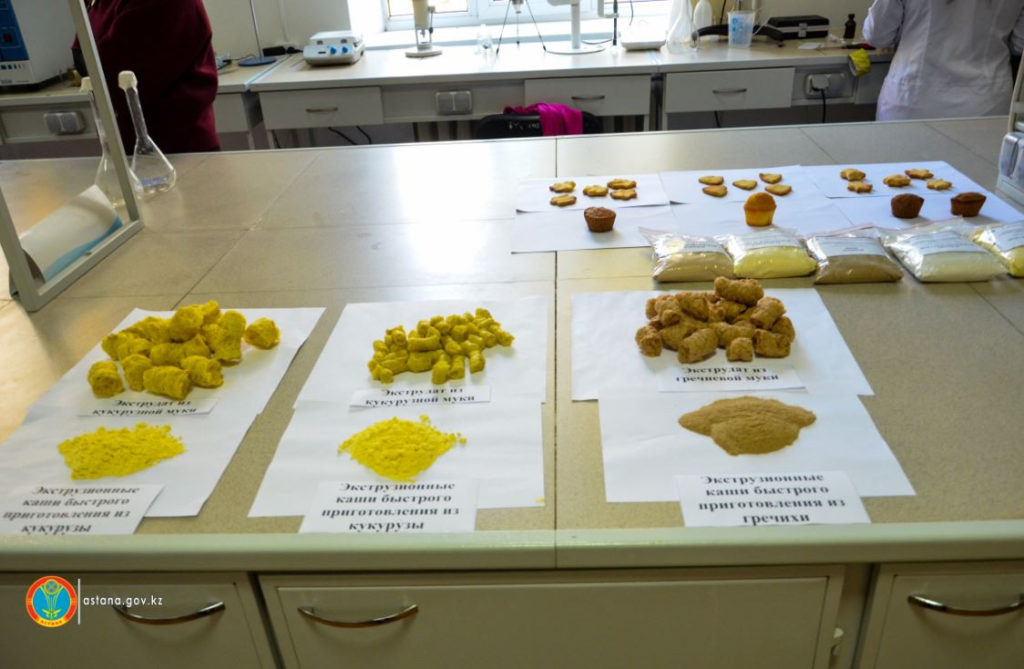ASTANA – The Kazakh Research Institute of Agricultural Products Processing recently developed local, affordable gluten-free products, the press service of Astana city administration reported Oct. 10.
Being expensive, these products are not always available to residents suffering from celiac disease.
According to the results of the survey, in Kazakhstan 67 percent of patients with celiac disease or the so-called congenital protein intolerance are children under 11, 15 percent are children aged 11-12 and 17 percent are people aged 21-35. The main clinical manifestations in children range from shortness of bones, bone disorders, anaemia and neuropsychiatric disorders to allergic diseases. Only strict adherence to a gluten-free diet prevents the development of complications and provides physical and intellectual development.
Most of the gluten-free flour products formulations are developed by the largest U.S. and European companies that import products worldwide.
“In some families, several children have celiac disease. Gluten-free products cost ten times higher than gluten products. Not every family can afford this. We are very interested in producing local products that are not inferior in quality to foreign ones,” said Chief Specialist of the Crop Production Research Laboratory Olga Polubotko.
The institute is conducting research on obtaining flour confectionery mixes and cereals. Corn, rice, buckwheat, millet and flax grown in various regions of the country were selected as raw materials. Studies prove that the gluten causing celiac disease is absent in these products.
“We select these products for preliminary studies. We will produce gluten-free products, including muffins and cookies. Cookies with the addition of talkan (coarse flour from roasted barley or wheat) are made for the first time. This ingredient has a pleasing flavour. Food taster highly praised the products. We also produce gluten-free instant oatmeal cereals. We will study other products further. We have plans to make pasta, as everyone is interested in the production of pasta and dough for beshbarmak (Kazakh national dish),” said she.
According to local researchers, imported products contain a large amount of starch and additives. They intend to develop domestic products with a minimum content of artificial additives.
Academic Secretary of the Kazakh Research Institute Darigash Shaimerdenova said organisations in Finland is interested in cooperating with Kazakhstan in making gluten-free pasta.
The institute also conducts research to produce other varieties of foods including lactose-free lactic acid, pectin-containing, fat-free products without trans-isomers based on leguminous crops.



